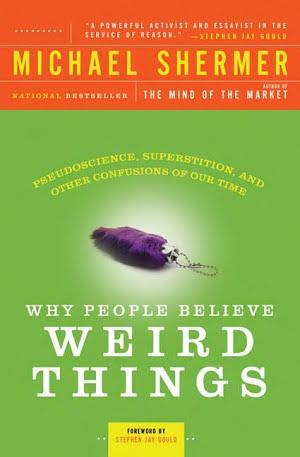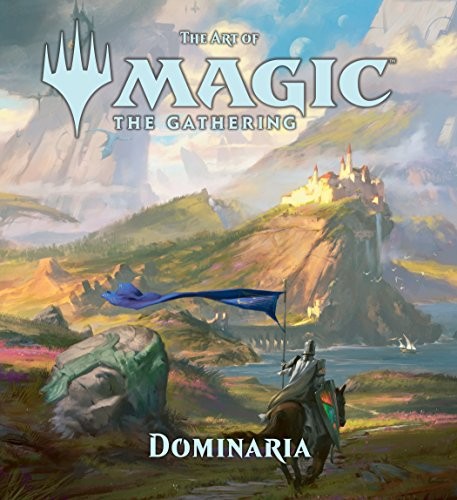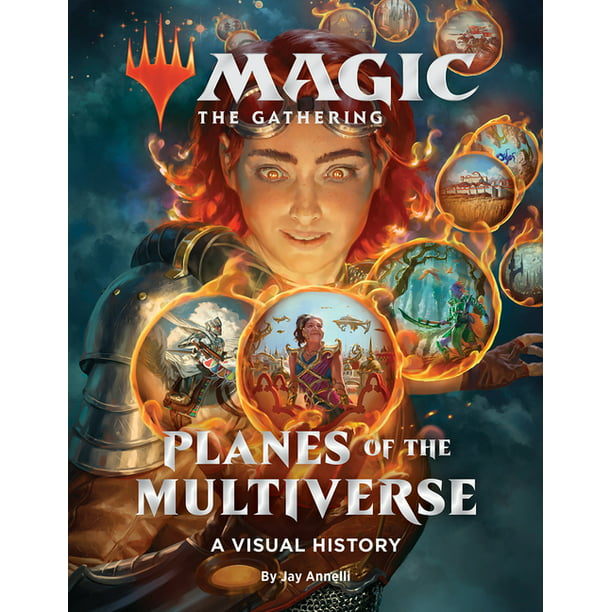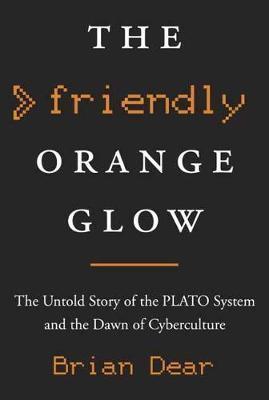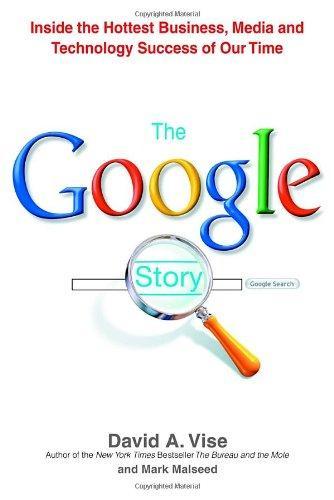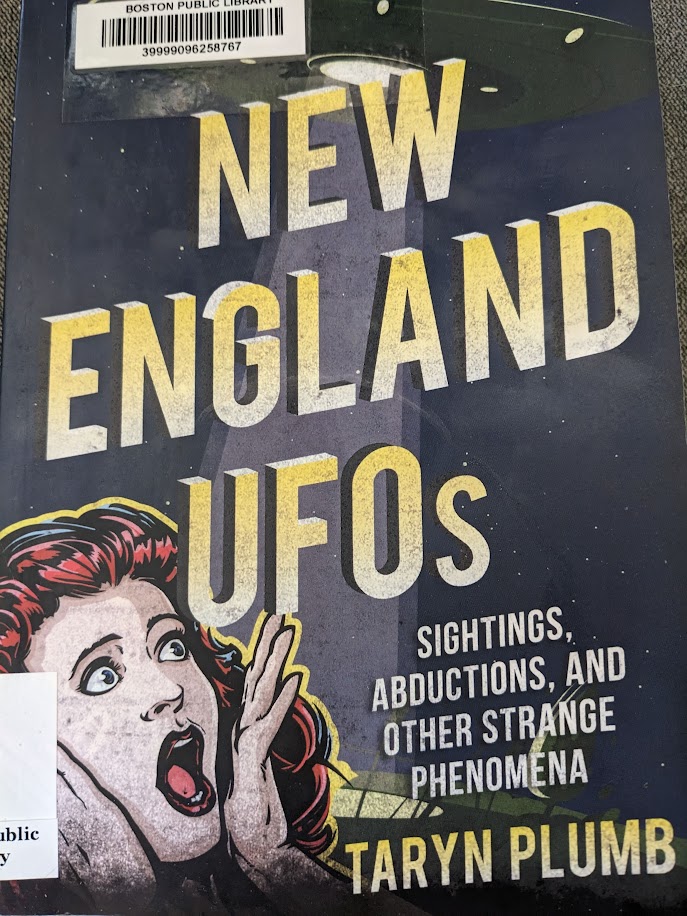A Glass of Water in the Desert!
5 stars
So, I'm finally done with Michael Shermer's "Why People Believe Weird Things." It was, truth to tell, a tour-de-force.
The book prefaces with his experiences on Donahue and Oprah (face it, if you host a daytime TV talk show, you're part of the problem). He then goes into what skepticism is, the difference between scence and psudoscience, and then concludes Part One with a list of falilices that lead us to believe incorrect things.
Part Two deals with psudoscience and superstitions, focusing on the paranormal (ghosts, psychics, religion), near death experiences, aliens, and ancient and modern witch crazes. All of Part 2 works out well.
Part Three tears creationism and "creationist-science" a new one.
Part Four - probably the slowest part of the book, at least for me - concentrates on history and psudohistory, using Holocaust revision as an excellent example of psudohistory. He goes through why it's psudohistory and …
So, I'm finally done with Michael Shermer's "Why People Believe Weird Things." It was, truth to tell, a tour-de-force.
The book prefaces with his experiences on Donahue and Oprah (face it, if you host a daytime TV talk show, you're part of the problem). He then goes into what skepticism is, the difference between scence and psudoscience, and then concludes Part One with a list of falilices that lead us to believe incorrect things.
Part Two deals with psudoscience and superstitions, focusing on the paranormal (ghosts, psychics, religion), near death experiences, aliens, and ancient and modern witch crazes. All of Part 2 works out well.
Part Three tears creationism and "creationist-science" a new one.
Part Four - probably the slowest part of the book, at least for me - concentrates on history and psudohistory, using Holocaust revision as an excellent example of psudohistory. He goes through why it's psudohistory and how we know.
The ending of the book, Part Five, was a sparkling surprise. His last two chapters are "Why Do People Believe Weird Things?" and, most more importantly, "Why Do SMART People Believe Weird Things?" in which he goes through some of the Ph.D. and M.D.s who have proven the power of cognative dissonance by being taken in by "weird things."
In an age where at least a third of the country seem to be incapable of critical thinking, leading us to potentially disastrous consequences, this book is a glass of water in the desert.

